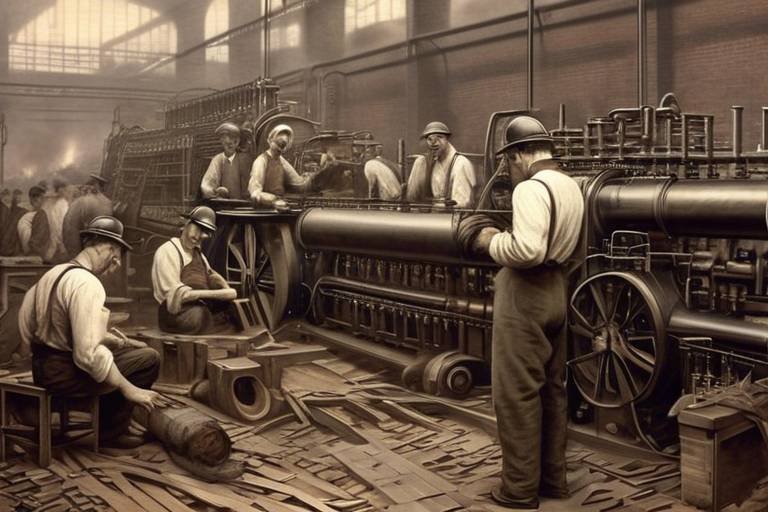The Role of Cultural Festivals in Heritage Preservation
Cultural festivals play a vital role in the preservation and promotion of heritage, traditions, and customs across the globe. These vibrant events serve as dynamic platforms that bring communities together to celebrate their rich cultural tapestry and pass down age-old practices to future generations.
One of the key contributions of cultural festivals is their ability to celebrate cultural diversity. By showcasing a myriad of traditions, languages, cuisines, arts, and music, these festivals foster understanding and appreciation among diverse communities. They serve as melting pots of culture, where differences are celebrated and similarities are highlighted.
Moreover, cultural festivals act as repositories of traditional knowledge, serving as bridges between generations. Through these events, ancestral practices, rituals, stories, and craftsmanship are passed down from elders to the youth, ensuring that valuable heritage is not lost but instead cherished and preserved.
These festivals also play a crucial role in promoting intangible cultural heritage. From oral traditions and performing arts to rituals and festive events, cultural festivals safeguard and showcase elements of culture that are not tangible but hold immense significance in defining a community's identity and history.
Furthermore, cultural festivals help revive endangered traditions that are at risk of fading into obscurity. By providing a platform for showcasing fading languages, crafts, rituals, and traditions, these events breathe new life into cultural practices, ensuring their continuity and relevance in the modern world.
Community identity is another aspect that is strengthened through cultural festivals. By celebrating shared heritage and values, these events foster a sense of belonging, pride, and identity among community members. They create a space where individuals can come together to celebrate their roots and collective identity.
Not only do cultural festivals preserve heritage, but they also have a significant impact on the economy and tourism. By attracting tourists, creating job opportunities, and stimulating local businesses and cultural industries, these events contribute to the economic growth of communities and regions.
Moreover, cultural festivals encourage interdisciplinary collaboration among artists, scholars, policymakers, and community members. By bringing together diverse perspectives and expertise, these events promote cultural diversity and heritage conservation through innovative collaborations and initiatives.
Despite their many benefits, cultural festivals also face challenges in preserving heritage. However, by exploring innovative approaches and strategies for sustainable development, these events can continue to make a lasting impact on heritage preservation and community engagement.
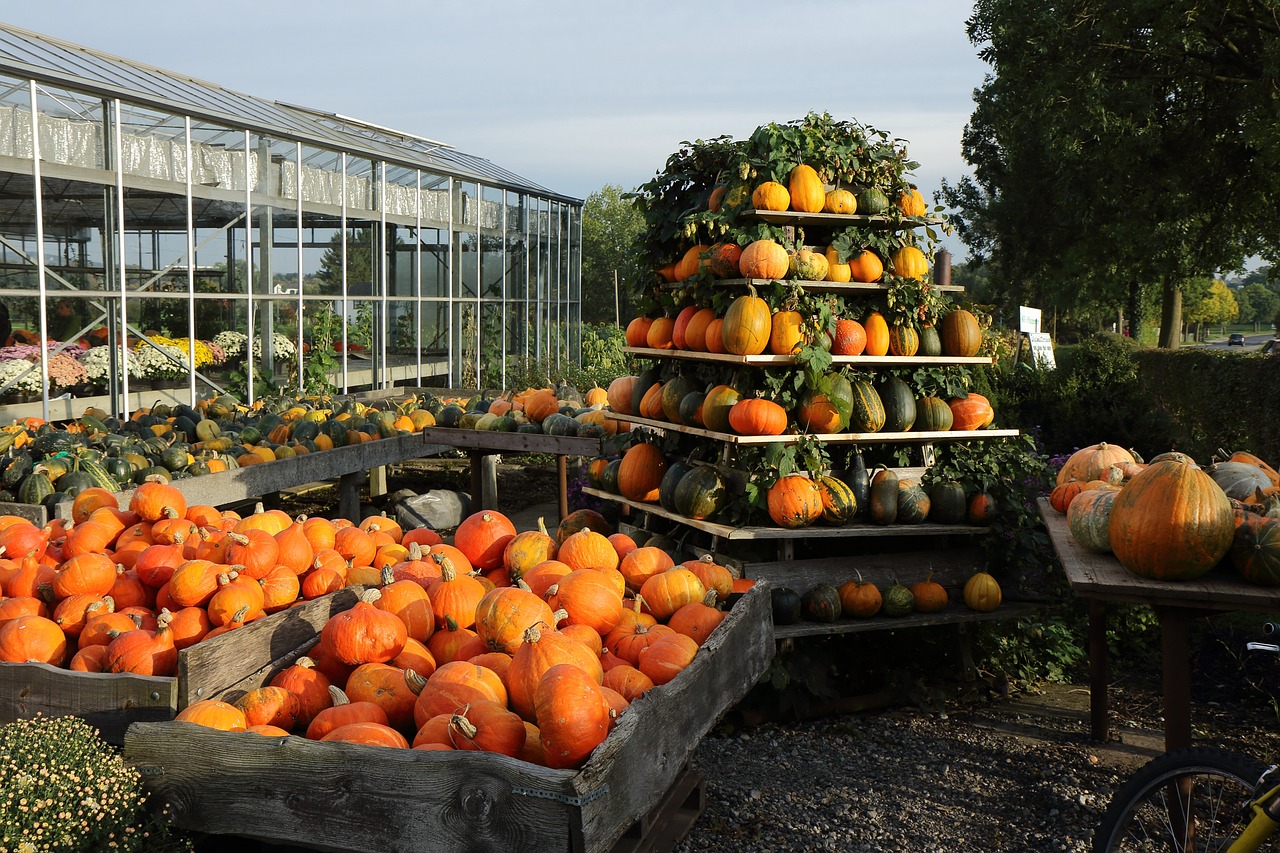
Celebrating Cultural Diversity
Exploring how cultural festivals contribute to the preservation and promotion of heritage, traditions, and customs within communities worldwide.
Cultural festivals play a vital role in celebrating the rich tapestry of diversity that exists within our global society. These vibrant events serve as colorful showcases of various traditions, languages, cuisines, arts, and music, bringing people together in a joyous celebration of differences. Through the lens of these festivals, individuals can immerse themselves in the beauty of cultural pluralism, fostering understanding, empathy, and appreciation among diverse communities.

Passing Down Traditional Knowledge
Traditional knowledge is like a precious heirloom, passed down from generation to generation through the intricate tapestry of cultural festivals. These vibrant celebrations not only showcase the richness of customs and rituals but also serve as living museums where ancestral wisdom is shared and preserved.
Imagine a grand festival where elders gather the youth around a crackling fire, weaving tales of ancient heroes and imparting age-old traditions with each flickering flame. It is in these moments that the essence of cultural heritage is truly embodied, transcending time and space to connect the past with the present.
Through intricate dances, melodious songs, and intricate crafts, traditional knowledge finds a voice in the lively energy of cultural festivals. The rhythmic beats of drums echo the heartbeat of a community, while the intricate patterns of handwoven textiles tell stories of resilience and creativity passed down through centuries.
Moreover, these festivals provide a platform for artisans and craftsmen to showcase their skills, ensuring that traditional craftsmanship is not lost in the fast-paced modern world. From intricate pottery to delicate embroidery, each piece created is a testament to the enduring legacy of traditional knowledge.
As the flames of the festival dance in the night sky, illuminating faces young and old, the spirit of tradition is reignited in the hearts of all who gather. It is through these shared experiences, where laughter mingles with solemnity, that the torch of traditional knowledge is passed on, illuminating the path for future generations to follow.
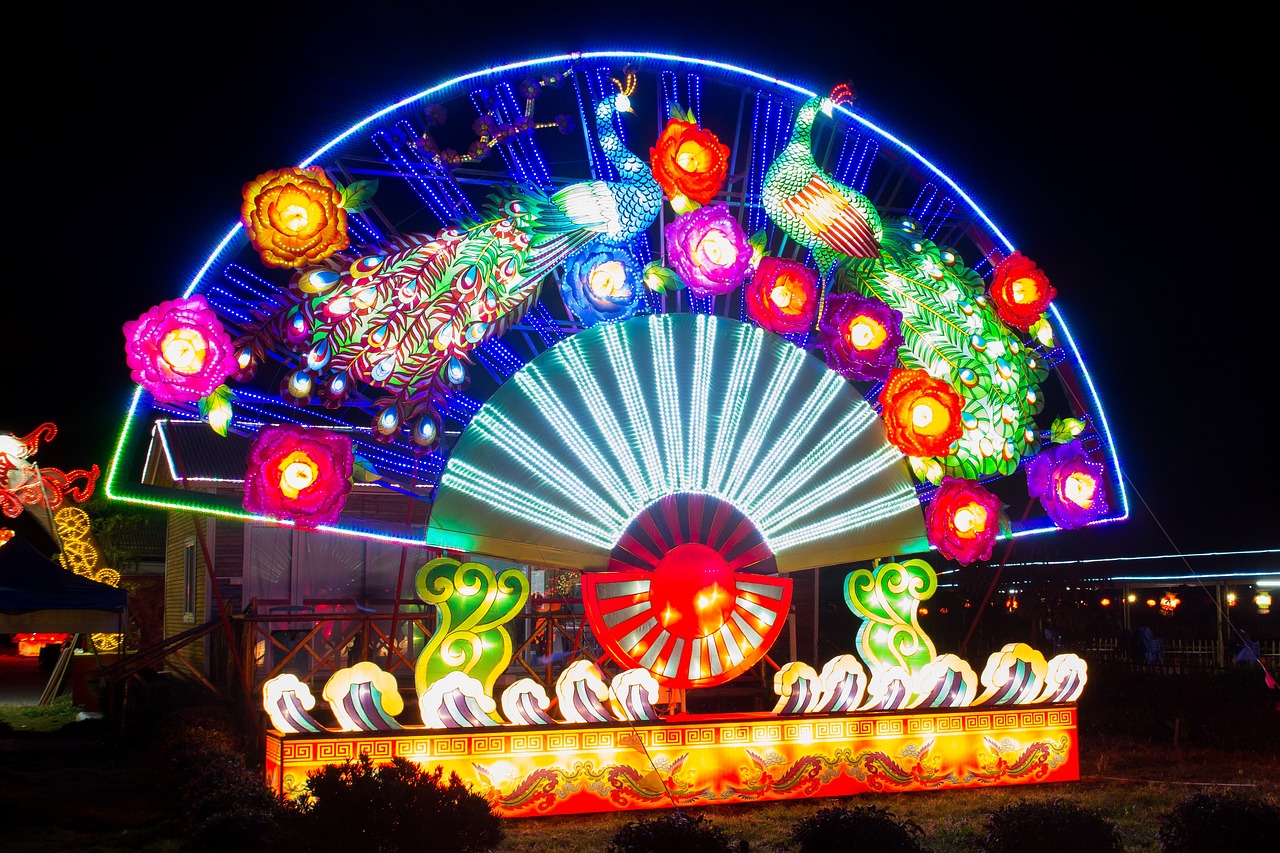
Promoting Intangible Cultural Heritage
Promoting intangible cultural heritage through cultural festivals is a powerful way to safeguard and celebrate traditions that are not physical artifacts but are deeply rooted in communities. These festivals play a crucial role in preserving oral traditions, performing arts, rituals, and festive events that are passed down through generations. By showcasing and promoting these intangible aspects of culture, festivals contribute to the recognition and appreciation of diverse heritage practices.
One of the key ways in which cultural festivals promote intangible cultural heritage is by providing a platform for communities to share their unique traditions with a wider audience. Through performances, exhibitions, workshops, and interactive experiences, festival-goers can engage with and learn about different cultural practices, fostering a sense of connection and understanding across diverse communities.
Moreover, cultural festivals serve as living expressions of intangible cultural heritage, allowing for the continuation and adaptation of traditional practices in contemporary settings. By integrating these heritage elements into modern contexts, festivals ensure that these traditions remain relevant and vibrant, evolving with the times while staying true to their roots.
Additionally, cultural festivals contribute to the transmission of intangible cultural heritage by creating opportunities for intergenerational learning and knowledge exchange. By involving elders, practitioners, and young people in festival activities, communities can ensure the continuity of traditional practices and skills, passing down valuable cultural knowledge to future generations.
Furthermore, promoting intangible cultural heritage through festivals helps raise awareness about the importance of preserving these traditions for the future. By engaging audiences in immersive and participatory experiences, festivals inspire appreciation for the richness and diversity of intangible cultural heritage, encouraging active involvement in its safeguarding and promotion.
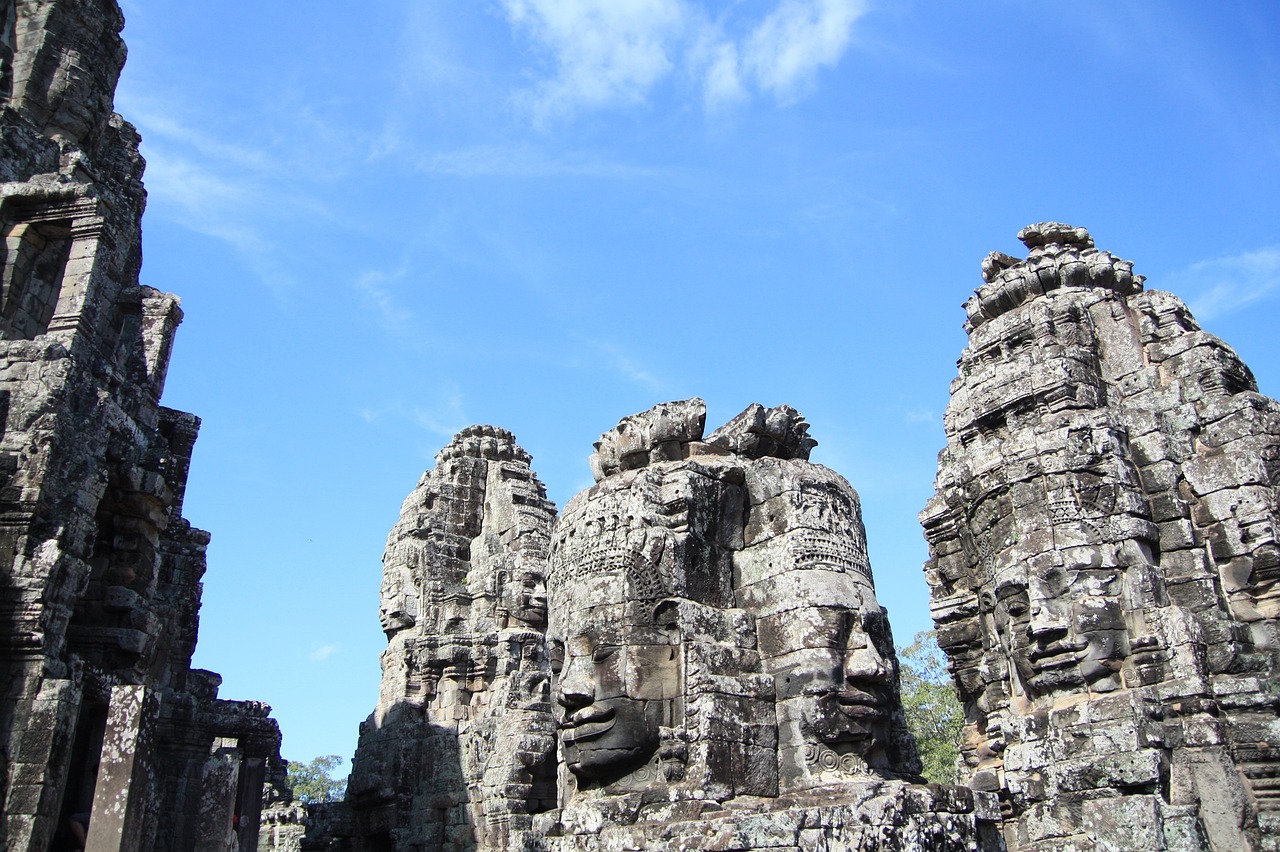
Reviving Endangered Traditions
Exploring how cultural festivals contribute to the preservation and promotion of heritage, traditions, and customs within communities worldwide.
Reviving endangered traditions through cultural festivals is like breathing new life into ancient practices that are on the verge of extinction. These festivals act as vibrant stages where fading traditions, languages, crafts, and rituals are brought back to the spotlight, ensuring their survival and relevance in the fast-paced modern world. Imagine a cultural festival as a time machine, transporting us back to the roots of our heritage, allowing us to rediscover and revive the essence of what makes our culture unique and valuable.
One of the key ways cultural festivals revive endangered traditions is by creating a platform for elders and masters of traditional crafts to pass on their knowledge to the younger generation. Through interactive workshops, demonstrations, and performances, the wisdom and skills that have been passed down through generations are shared, appreciated, and preserved. It's a beautiful cycle of learning and teaching that breathes new energy into traditions that were once at risk of being forgotten.
Moreover, these festivals play a crucial role in sparking interest and curiosity among the community about their own heritage. By showcasing the beauty and significance of endangered traditions through lively performances, exhibitions, and cultural displays, cultural festivals ignite a sense of pride and connection to the past. They serve as a reminder of the rich tapestry of our cultural identity and the importance of safeguarding it for future generations.
Through the revival of endangered traditions, cultural festivals not only preserve the tangible aspects of heritage but also revive the intangible essence that makes each culture unique. They breathe life into customs, rituals, and languages that were once fading away, infusing them with new meaning and relevance in the contemporary world. It's a celebration of resilience, creativity, and the enduring spirit of cultural heritage that continues to thrive against all odds.
Stay tuned for some common questions and insightful answers about the role of cultural festivals in heritage preservation!

Enhancing Community Identity
Enhancing Community Identity is a crucial aspect of cultural festivals, as they play a significant role in strengthening the sense of belonging and pride among community members. By celebrating shared heritage, values, and traditions, these festivals create a unique space where individuals can connect with their roots and establish a collective identity.
Through various cultural activities, performances, and displays, community members have the opportunity to showcase their cultural richness and diversity, fostering a sense of unity and inclusivity. These festivals serve as a platform for people to come together, share experiences, and build relationships based on a common cultural heritage.
Moreover, cultural festivals instill a sense of pride in one's cultural background, encouraging individuals to embrace and preserve their traditions. By actively participating in these events, community members not only honor their ancestors but also contribute to the continuity and vitality of their cultural legacy.
Furthermore, cultural festivals promote cultural exchange and dialogue, allowing different communities to learn from each other and appreciate the unique aspects of each culture. This exchange of ideas and practices helps in breaking down barriers, fostering mutual respect, and promoting a harmonious coexistence among diverse groups.
In essence, cultural festivals serve as powerful tools for enhancing community identity, fostering a sense of unity, pride, and belonging among individuals from various cultural backgrounds. By celebrating shared heritage and values, these festivals contribute to the creation of vibrant and inclusive communities where diversity is not only acknowledged but celebrated.
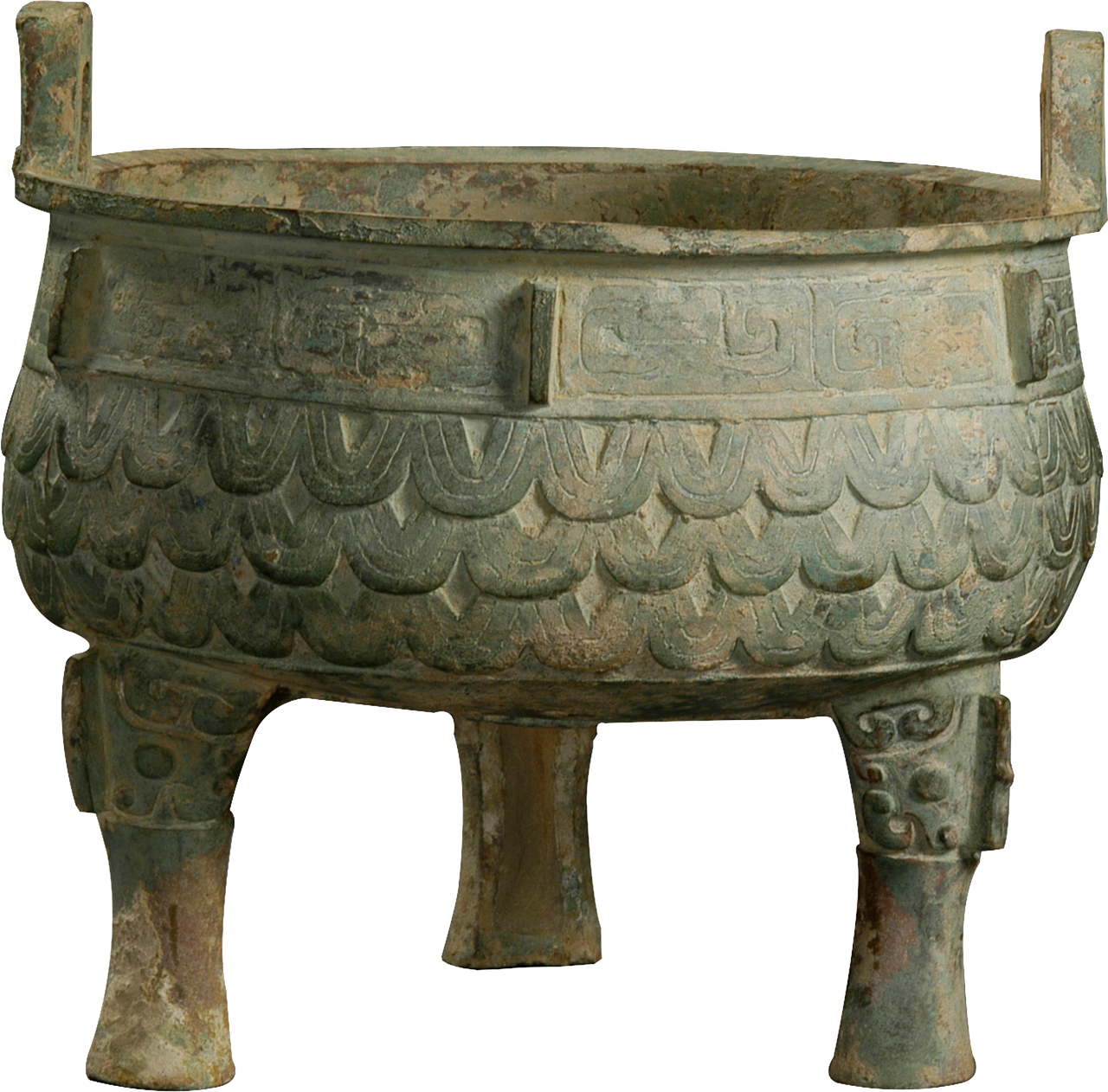
Boosting Tourism and Economy
Exploring how cultural festivals contribute to the preservation and promotion of heritage, traditions, and customs within communities worldwide.
Highlighting how cultural festivals showcase diverse traditions, languages, cuisines, arts, and music, fostering understanding and appreciation among different communities.
Examining how cultural festivals serve as platforms for the transmission of ancestral practices, rituals, stories, and craftsmanship to younger generations.
Discussing the significance of cultural festivals in safeguarding intangible cultural heritage such as oral traditions, performing arts, rituals, and festive events.
Exploring how cultural festivals help revive fading traditions, languages, crafts, and rituals, ensuring their continuity and relevance in the modern world.
Analyzing how cultural festivals strengthen a sense of belonging, pride, and identity among community members by celebrating shared heritage and values.
Investigating the economic impact of cultural festivals by attracting tourists, creating job opportunities, and stimulating local businesses and cultural industries.
Exploring how cultural festivals encourage collaboration among artists, scholars, policymakers, and community members to promote cultural diversity and heritage conservation.
Addressing the challenges faced by cultural festivals in preserving heritage, and discussing innovative approaches and strategies for their sustainable development and impact.
Stay tuned for answers to common queries about the role of cultural festivals in heritage preservation.

Fostering Interdisciplinary Collaboration
Exploring how cultural festivals contribute to the preservation and promotion of heritage, traditions, and customs within communities worldwide.
Highlighting how cultural festivals showcase diverse traditions, languages, cuisines, arts, and music, fostering understanding and appreciation among different communities.
Examining how cultural festivals serve as platforms for the transmission of ancestral practices, rituals, stories, and craftsmanship to younger generations.
Discussing the significance of cultural festivals in safeguarding intangible cultural heritage such as oral traditions, performing arts, rituals, and festive events.
Exploring how cultural festivals help revive fading traditions, languages, crafts, and rituals, ensuring their continuity and relevance in the modern world.
Analyzing how cultural festivals strengthen a sense of belonging, pride, and identity among community members by celebrating shared heritage and values.
Investigating the economic impact of cultural festivals by attracting tourists, creating job opportunities, and stimulating local businesses and cultural industries.
Exploring how cultural festivals encourage collaboration among artists, scholars, policymakers, and community members to promote cultural diversity and heritage conservation.
Addressing the challenges faced by cultural festivals in preserving heritage, and discussing innovative approaches and strategies for their sustainable development and impact.
Stay tuned for answers to common queries about the role of cultural festivals in heritage preservation!
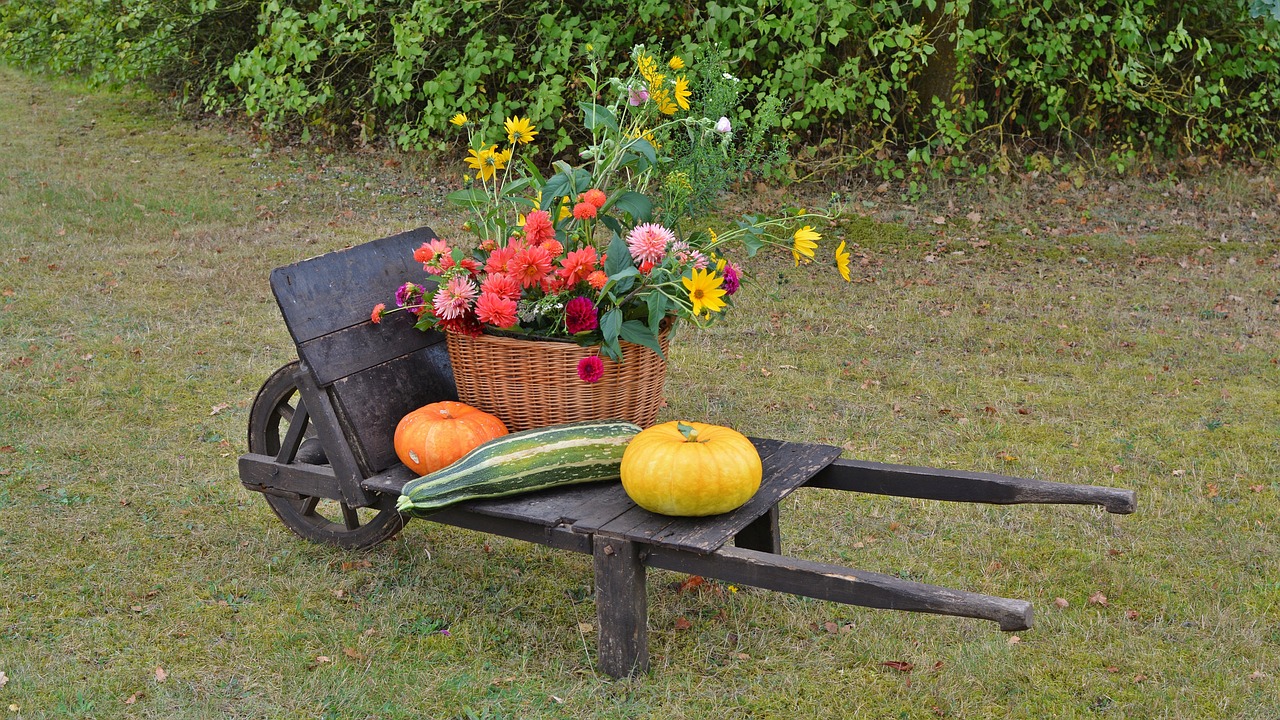
Challenges and Future Directions
Exploring how cultural festivals contribute to the preservation and promotion of heritage, traditions, and customs within communities worldwide.
Highlighting how cultural festivals showcase diverse traditions, languages, cuisines, arts, and music, fostering understanding and appreciation among different communities.
Examining how cultural festivals serve as platforms for the transmission of ancestral practices, rituals, stories, and craftsmanship to younger generations.
Discussing the significance of cultural festivals in safeguarding intangible cultural heritage such as oral traditions, performing arts, rituals, and festive events.
Exploring how cultural festivals help revive fading traditions, languages, crafts, and rituals, ensuring their continuity and relevance in the modern world.
Analyzing how cultural festivals strengthen a sense of belonging, pride, and identity among community members by celebrating shared heritage and values.
Investigating the economic impact of cultural festivals by attracting tourists, creating job opportunities, and stimulating local businesses and cultural industries.
Exploring how cultural festivals encourage collaboration among artists, scholars, policymakers, and community members to promote cultural diversity and heritage conservation.
Addressing the challenges faced by cultural festivals in preserving heritage, and discussing innovative approaches and strategies for their sustainable development and impact.
Frequently Asked Questions
- What types of cultural festivals are celebrated around the world?
Cultural festivals come in various forms, including music festivals, food festivals, art exhibitions, dance performances, traditional ceremonies, and heritage celebrations. These events showcase the rich diversity of cultures and traditions globally.
- How do cultural festivals contribute to heritage preservation?
Cultural festivals play a vital role in preserving heritage by passing down traditional knowledge, reviving endangered traditions, promoting intangible cultural heritage, and enhancing community identity. Through these activities, communities can ensure the continuity and relevance of their cultural practices.
- What are some challenges faced by cultural festivals in preserving heritage?
Some challenges faced by cultural festivals include globalization, modernization, lack of funding, changing demographics, and environmental impacts. Overcoming these challenges requires innovative approaches, community involvement, and sustainable development strategies.















